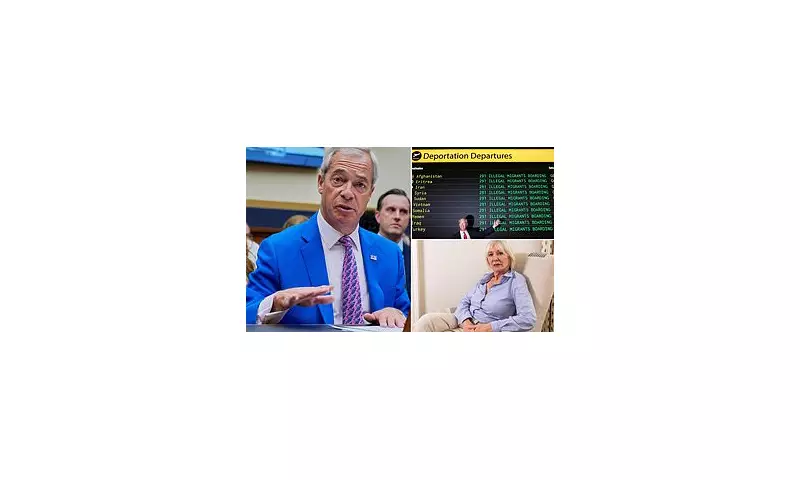
The familiar landscape of British politics is fracturing. The once-solid centre ground is giving way, creating a vacuum that a new, potent movement is eager to fill. The rallying cry to 'Unite The Right' is growing louder, presenting a fundamental challenge to the established Conservative Party and potentially reshaping the nation's future.
The End of the Centre Ground
For decades, the battle for Number 10 was fought over the moderate middle. Today, that territory has all but vanished. The electorate is increasingly polarised, leaving traditional parties scrambling for relevance. This seismic shift has created a unique opportunity for a consolidated right-wing force to mobilise a disaffected but significant portion of the British public.
A Party Divided Cannot Stand
The Conservative Party finds itself at a critical juncture. Internal divisions and a perceived betrayal of core conservative values have left its voter base disillusioned. The Reform UK party, led by the formidable campaigner Nigel Farage, siphons off crucial support with every passing day. This fragmentation on the right guarantees only one outcome: a resounding victory for a Labour Party poised to implement a radically left-wing agenda.
The Stark Choice Ahead
The path forward presents two clear possibilities. The first is a continued split on the right, ensuring a prolonged period of Labour dominance and policies that could fundamentally alter Britain's economic and social fabric. The second, more daring path, is a grand unification—a strategic coming together of the Conservative Party and Reform UK into a single, powerful entity.
Such a merger would not be a mere electoral pact; it would represent the birth of a new political vehicle, capable of commanding a majority and providing the strong, decisive government that many voters crave. It would be a party truly reflective of a broad church of conservative thought, from One Nation Tories to those with more robust views on immigration, Brexit, and national identity.
The Mandate for Real Change
The ultimate goal is not just to win an election, but to secure a mandate substantial enough to enact meaningful, lasting change. A unified right could tackle the entrenched issues that successive governments have failed to address: controlling borders, boosting economic growth, and strengthening national defence. It would be a government with the power to say 'no' to the ever-expanding reach of the state and 'yes' to individual liberty and personal responsibility.
The call to Unite The Right is more than a political strategy; it is a necessity for the survival of conservative values in Britain. The alternative is a future decided by default, not by design. The moment for boldness is now.





